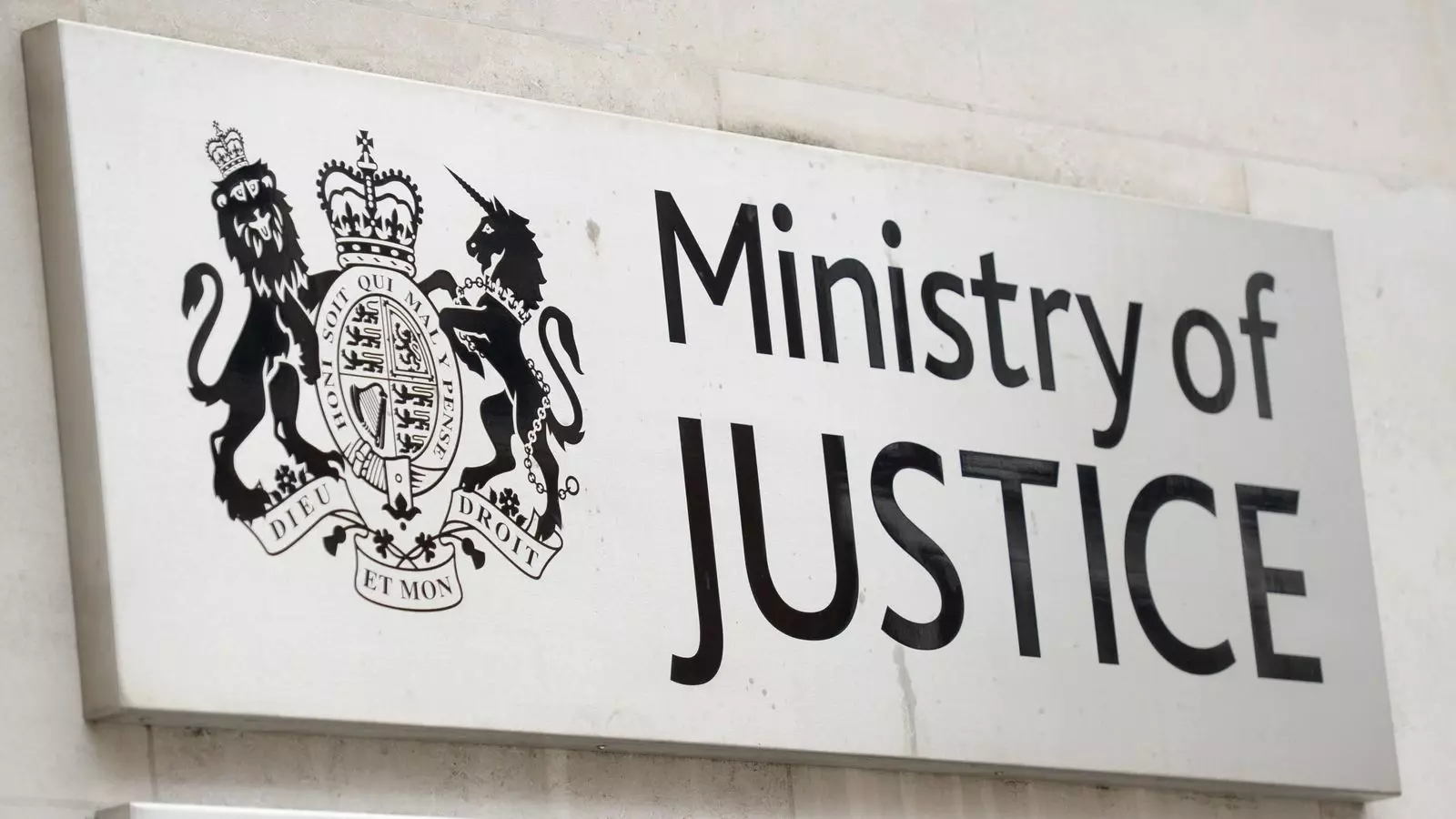In an era where personal data is more valuable than gold, the recent cyber attack on the Legal Aid Agency (LAA) represents a catastrophic failure in safeguarding sensitive information. The Ministry of Justice has confirmed that a significant amount of personal data, potentially affecting millions, has been accessed and downloaded by hackers. While the hackers claim to have exposed around 2.1 million records, the MoJ has yet to validate this staggering figure. This revelation points to a broader and more disturbing trend: the pervasive ineptitude in cybersecurity across public sectors, revealing a system that, at best, operates on outdated protocols and, at worst, is fundamentally incapable of protecting its citizens.
Incompetence Unabated
The MoJ’s admission that the government has been aware of vulnerabilities in the LAA’s systems for years is troubling. It paints a picture of negligence that transcends mere oversight. This isn’t just about a single breach; it’s a reflection of systemic neglect under previous administrations, which failed to prioritize the digital security infrastructure necessary to protect sensitive data. To say this is unacceptable is an understatement. When citizens apply for legal aid, they are essentially entrusting the government with their most private information—data that, if mishandled, can irreparably damage lives and reputations.
As Jane Harbottle, the LAA’s chief executive, rightly pointed out, the news is indeed “shocking and upsetting.” However, it begs the question: why did it take a catastrophic breach for the necessary measures to be put in place? The lack of proactive security measures raises serious doubts about the competence of those at the helm.
Antiquated Systems and the Call for Investment
The response from the Law Society highlights a critical point: the LAA’s IT systems are antiquated and in desperate need of modernization. How can these systems be relied upon to manage over £2.3 billion in public funds if they can’t even safeguard applicant data? The incident illustrates a gross underfunding of the public sector’s technological backbone, which is not merely an IT issue but directly impacts public trust in our justice system.
Investment in technology isn’t a luxury; it’s a necessity. As society becomes increasingly digitized, so too must our institutions. The LAA, while vital, is simply not equipped to handle the complexities of modern cybersecurity threats. This neglect does not just endanger data; it endangers lives by allowing sensitive information to fall into the wrong hands, our collective safety hanging in the balance.
The Collective Fallout
How does one measure the fallout of such a breach? It’s nearly impossible to quantify the damage to those individuals whose personal information may have been compromised. The MoJ’s advisory for individuals to change passwords and remain vigilant feels like an afterthought, a mere band-aid on a gaping wound. Victims of this breach may face identity theft, discrimination, or unwarranted legal trouble, showcasing the far-reaching implications of governmental incompetence.
Moreover, this incident extends beyond individual consequences; it shakes the very foundations of public trust in government institutions. When citizens feel unsafe entrusting their data to the state, we reach a critical juncture in the social contract. Trust, once eroded, is not easily restored, leading to a cynical electorate disengaged from crucial services designed to protect them.
The Need for Radical Change
While Harbottle’s team has vowed to work with the National Cyber Security Centre to bolster system defenses, one must question: is this enough? Half-hearted measures and promises of overhaul are insufficient. This moment calls for radical change, not just in the LAA but in governmental approach to digital infrastructure across the board. Why not implement comprehensive audits, engage expert cybersecurity firms, and involve technologists in policy-making decisions?
If we fail to act decisively and intelligently, we’re merely rolling the dice on our future, leaving ourselves vulnerable to further breaches that could have dire implications. Investments in cybersecurity should not merely be reactive; they need to be proactive, integrated within the fabric of public service operations. Only then can we ensure that personal data remains secure, and public trust begins to recover in an age where our lives are increasingly lived online.


Leave a Reply